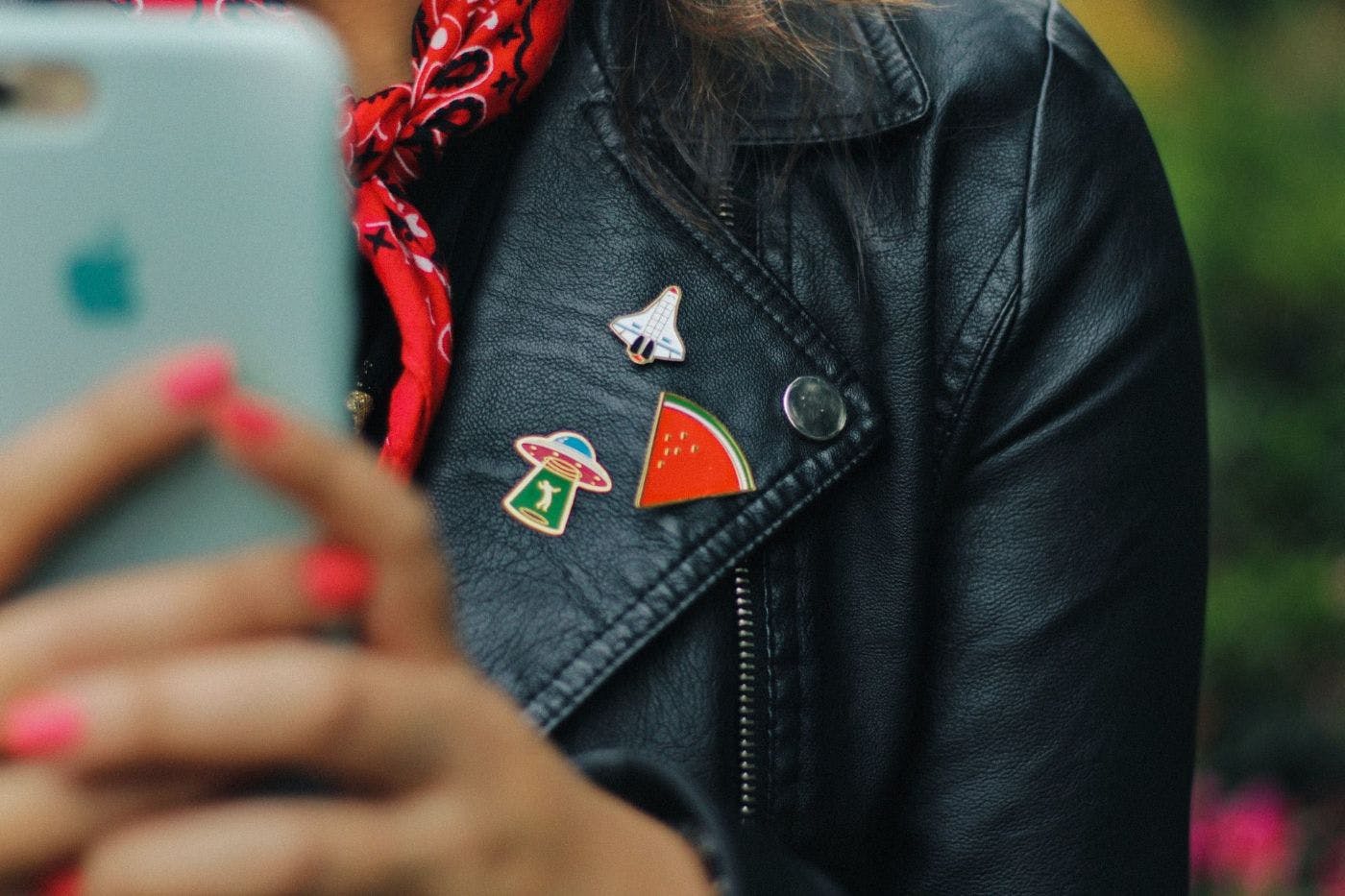2,940 reads
Down with the Registration!
by
May 19th, 2022
Audio Presented by

Free Software Evangelist, artist, developer, blogger, web-geek, technical writer, creator of websites.
About Author
Free Software Evangelist, artist, developer, blogger, web-geek, technical writer, creator of websites.
